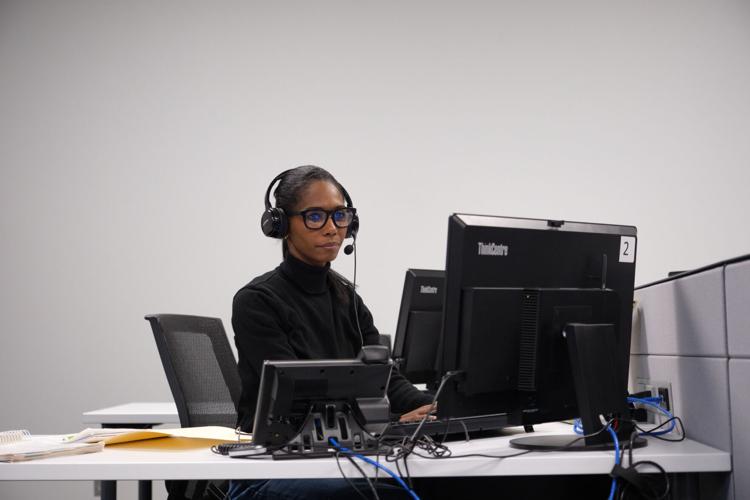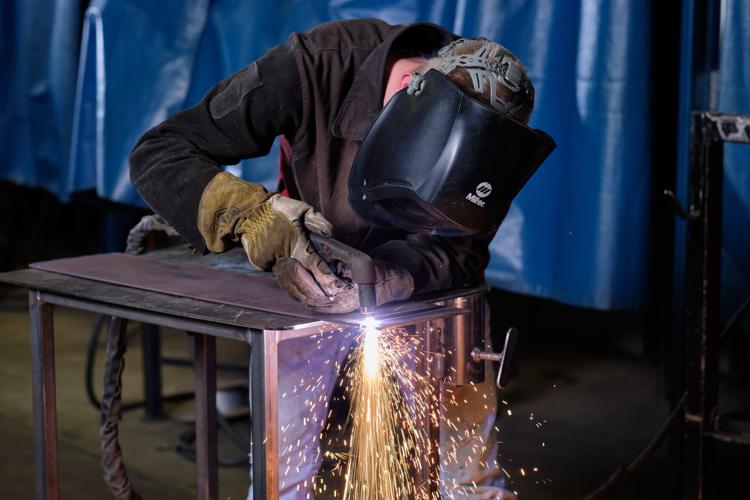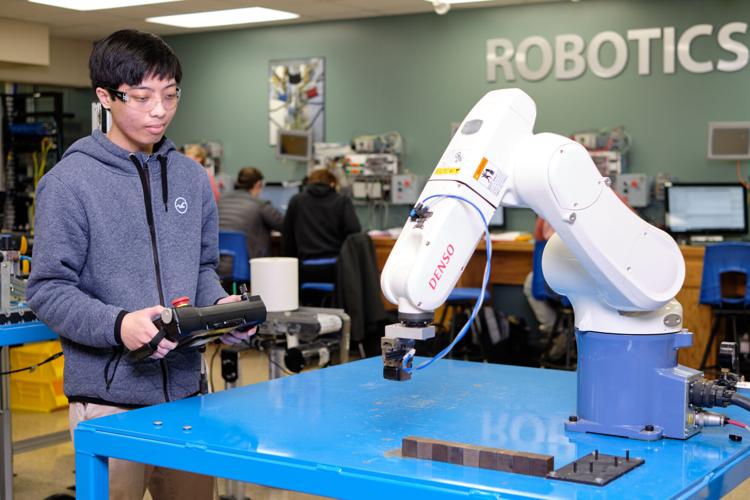
Bolstered by grant funds from the city of Lincoln, Southeast Community College created the Office of Work-Based Learning as a bridge between students and the workforce. “We want to help students become upskilled and reskilled so they can earn a job quickly,” says Rod Rhodes, the office’s administrative director. Stackable credentials, apprenticeships and improved training spaces are the foundation on which SCC is building its bridge.
Most learners entering higher education today don’t fit the traditional 18 to 20 age demographic. According to Rhodes, “This is not just a trend, but the new normal. Many learners are already in the workforce. They have bills to pay and families to support and they all want the same thing: a pathway to a meaningful job that earns a good wage.”
Stackable credentials and micro-credentials are appealing to those looking for a quick boost in their employability and who need to balance school with work and family demands. In stark contrast to traditional higher education learning models, the college is designing programs that will reduce the amount of time a student will be in school to earn a credential that is industry recognized and transferrable to other learning institutions. Programs can be as brief as six weeks to six months.
People are also reading…

As its name implies, stackable credentials refer to two or more credentials that can be stacked to incrementally grow a worker’s skills and earning potential, powering students into the workplace and up the career ladder. For example, a student may complete a certificate as a general computer technician and later pursue an associate degree in computer information technology. Stackable credentials have been hailed by employers and academics alike. Brookings Institute reports they create an immediate resume boost and improve employment opportunities and wages.
Southeast Community College moves students closer to their goals by incorporating Prior Learning Assessment, a tool that translates life experience into credentials. Upon demonstrating mastery, knowledge gained in the military, employer training programs or open-sourced coursework may be turned into college credit.

Flexibility is the beauty of these tools. They can be tailored to meet the needs of both employers and students and earned on a timetable manageable to the student worker. Stackable credentials pack a powerful punch when paired with apprenticeships and internships, two earn-while-you-learn models the Office of Work-Based Learning is dedicated to developing.
Developing opportunities for H3 jobs, which stands for high-skill, high-wage, high-demand jobs, is a focus because they are in high demand. They are information technology, welding, manufacturing and health sciences. Still in the early stages of program design, the college relies heavily on its Workforce Leadership Teams for direction. From agriculture to welding, each of the 60-plus technical programs has a business-led team made up of experts that provide industry outlooks, workforce trends and recommendations to update Southeast Community College’s training facilities, software and equipment. Rhodes emphasizes that the teams consistently identify qualified employees as their No. 1 need. Southeast Community College is committed to being part of that solution.
For more information about SCC, please visit southeast.edu.




